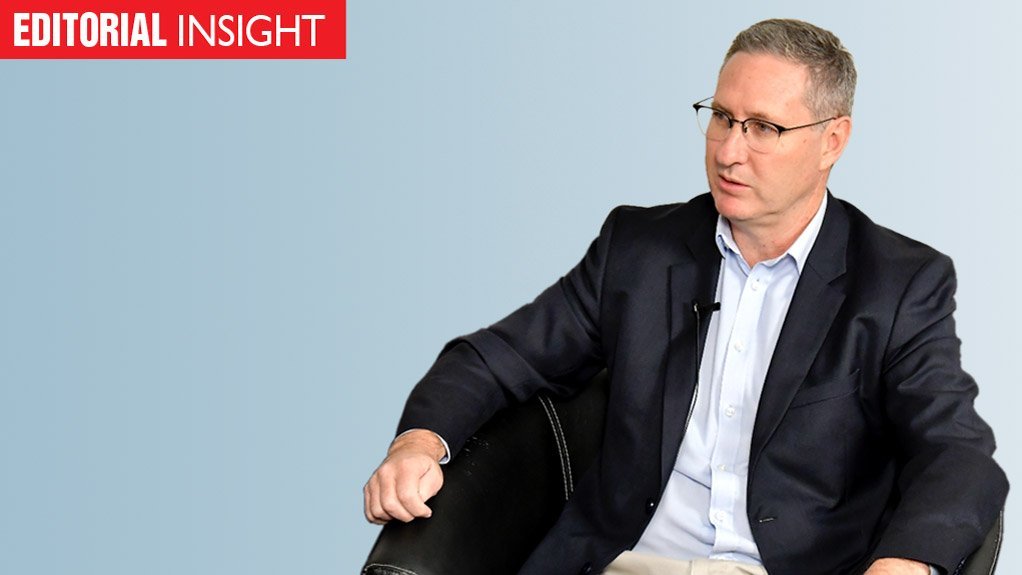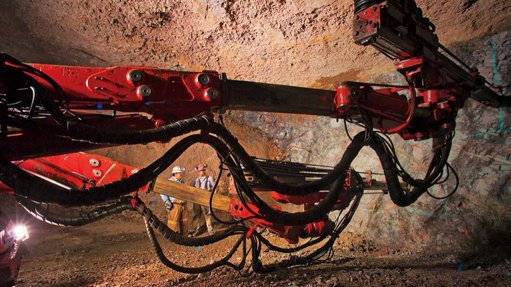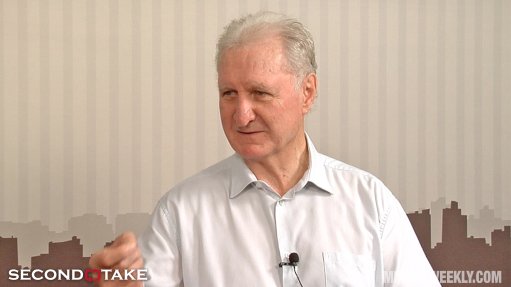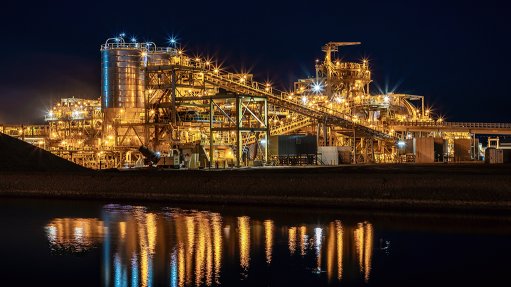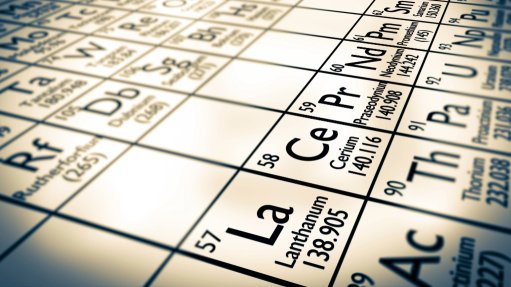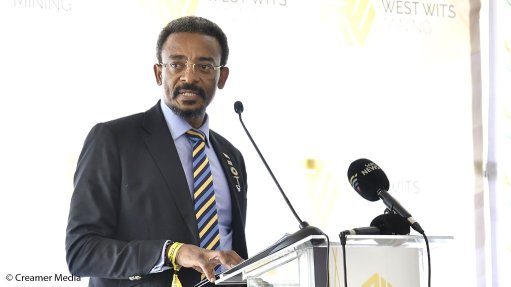Voice of the vulnerable
In a helpful recent article, Bloomberg’s Akshat Rathi outlined how the term ‘carbon neutrality’ can have strikingly different meanings, depending on who is using it. For California, Rathi writes, achieving carbon neutrality by 2045 involves cutting all greenhouse-gas (GHG) emissions, including carbon dioxide (CO2), methane and nitrous oxide, while offsetting what it is unable to cut. By contrast, China’s newly unveiled 2060 target focuses solely on CO2, which accounts for three-quarters, not all, of climate-altering GHG emissions.
The difference, the Intergovernmental Panel on Climate Change has concluded, is significant: “For there to be at least a 50% chance of stabilising global warming at 1.5 ºC by 2100, GHG emissions would have to reach net zero by 2067 (and CO2 emissions, which are easier to reduce, by 2050) – and then move deep into ‘negative territory’.”
For South Africa, which is yet to set a firm deadline for reaching carbon neutrality, similar confusion has arisen around the meaning of the term ‘just transition’ as it applies to the country’s shift to climate resilience.
For some, the term relates primarily to replacing South Africa’s coal-fired power stations with a fleet of mostly wind and solar plants. For others, the energy transition is seen as a vehicle for fundamental social change, whereby environmental justice is coupled with interventions that address the deep social problems of poverty and inequality. In one or two extreme cases, the concept is even used to justify calls for a slowing of the transition from coal to renewables on the basis that this will undermine employment in the coal sector.
Given the deep divisions in South African society, such differences of interpretation will arguably persist for many years, notwithstanding Cabinet’s recent approval of a Low Emissions Development Strategy and its confirmation that the Presidential Climate Change Coordinating Commission (PCCCC) is to be formally established.
Nevertheless, without a unifying vision and efforts to build ‘sufficient’ consensus, it will be all but impossible to transform the concept from wonkish idea to societal game changer.
To its credit, the National Planning Commission (NPC) has been consulting with stakeholders and has, correctly, decided to adopt a broad definition for identifying those most vulnerable to the transition. The definition embraces coal workers, near-mine and -power station communities, small businesses, as well as poor women and young people.
Business and labour stakeholders have made important inputs, with the National Business Initiative currently formalising the private sector’s stance through the ‘Just Transition Pathways Project’. The voice of vulnerable communities is less evident, however. Many of these communities have never heard of the just transition, or are fearful of what it could mean for their livelihoods.
As the NPC prepares to hand over its framework to the PCCCC, priority must be given to ensuring that these communities play a bigger role in defining the concept and in shaping the initiatives needed to cushion those at risk of being left behind.
Article Enquiry
Email Article
Save Article
Feedback
To advertise email advertising@creamermedia.co.za or click here
Announcements
What's On
Subscribe to improve your user experience...
Option 1 (equivalent of R125 a month):
Receive a weekly copy of Creamer Media's Engineering News & Mining Weekly magazine
(print copy for those in South Africa and e-magazine for those outside of South Africa)
Receive daily email newsletters
Access to full search results
Access archive of magazine back copies
Access to Projects in Progress
Access to ONE Research Report of your choice in PDF format
Option 2 (equivalent of R375 a month):
All benefits from Option 1
PLUS
Access to Creamer Media's Research Channel Africa for ALL Research Reports, in PDF format, on various industrial and mining sectors
including Electricity; Water; Energy Transition; Hydrogen; Roads, Rail and Ports; Coal; Gold; Platinum; Battery Metals; etc.
Already a subscriber?
Forgotten your password?
Receive weekly copy of Creamer Media's Engineering News & Mining Weekly magazine (print copy for those in South Africa and e-magazine for those outside of South Africa)
➕
Recieve daily email newsletters
➕
Access to full search results
➕
Access archive of magazine back copies
➕
Access to Projects in Progress
➕
Access to ONE Research Report of your choice in PDF format
RESEARCH CHANNEL AFRICA
R4500 (equivalent of R375 a month)
SUBSCRIBEAll benefits from Option 1
➕
Access to Creamer Media's Research Channel Africa for ALL Research Reports on various industrial and mining sectors, in PDF format, including on:
Electricity
➕
Water
➕
Energy Transition
➕
Hydrogen
➕
Roads, Rail and Ports
➕
Coal
➕
Gold
➕
Platinum
➕
Battery Metals
➕
etc.
Receive all benefits from Option 1 or Option 2 delivered to numerous people at your company
➕
Multiple User names and Passwords for simultaneous log-ins
➕
Intranet integration access to all in your organisation



